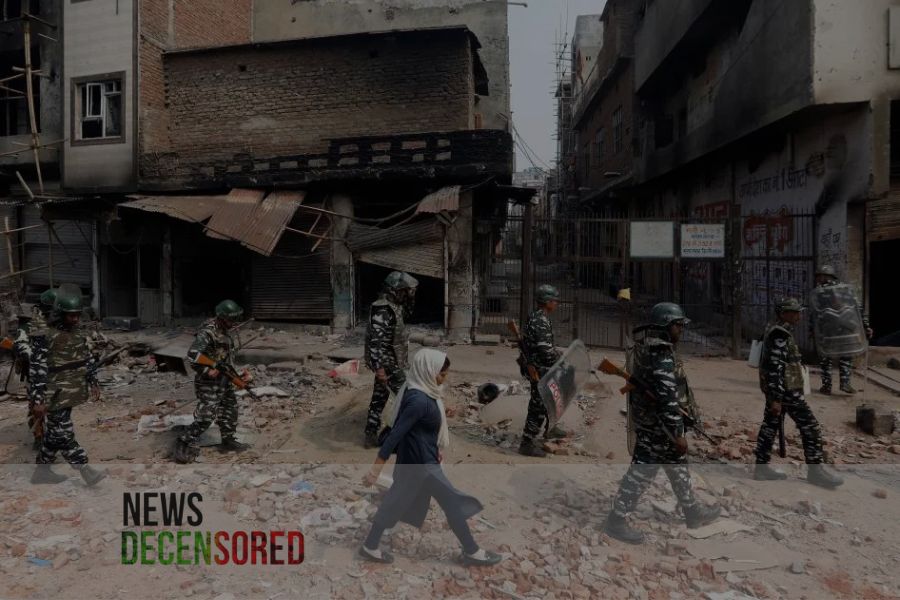There is a video circulating all over the Internet about the BJP’s people terrorizing people to get rid of the Bible and everything related to their religion Christianity. In the video a man is recording a christian while taking his word about never ever having stuff relating, Christianity at his home again. Giving away the religious freedom which is a basic and primary right of every human being no matter the place. Viewers can also see and hear the man cursing the question in the worst way possible out of rage and hatred.
Apart from that, India hosts approximately 200 million Muslims, constituting one of the world’s largest Muslim populations yet forming a minority within the predominantly Hindu nation. Despite constitutional safeguards, Muslims have endured discrimination, prejudice, and violence throughout India’s post-independence history.
Under the leadership of Prime Minister Narendra Modi and the Bharatiya Janata Party (BJP), known for their Hindu nationalist agenda since ascending to power in 2014, anti-Muslim sentiments have escalated. The Modi government, particularly since its reelection in 2019, has implemented controversial policies criticized for disregarding Muslims’ rights, curbing religious freedoms, and marginalizing millions. Concurrently, violence against Muslims has surged, provoking domestic protests and international censure. Analysts anticipate Modi’s reelection in 2024 to deepen religious schisms within the nation.
India, celebrated for its religious, ethnic, and linguistic diversity, harbors a Muslim populace primarily identifying as Sunni, comprising approximately 15 percent of the total population, the largest minority group. Hindus constitute roughly 80 percent, while both communities display internal diversity in terms of caste, ethnicity, language, and socio-political influence.
The roots of Hindu-Muslim animosity trace back to British colonial-era schisms and the subsequent Partition of British India in 1947. Economic strain post-World War II prompted the British exit, leading to the Indian National Congress’ call for independence under Mahatma Gandhi and Jawaharlal Nehru’s leadership, juxtaposed with the All-India Muslim League’s advocacy, led by Muhammad Ali Jinnah, for a separate Muslim state.
The hastily drawn borders delineating a Hindu-majority India and a Muslim-majority Pakistan precipitated deadly riots, communal violence, and mass migrations, leaving an estimated toll of hundreds of thousands to millions dead. Factors contributing to this strife include the British “divide-and-rule” strategy, which granted electoral privileges to Muslims, and tensions between Hindu and Muslim political factions rallying along religious lines.
The Modi administration’s contentious actions toward Muslims include the Citizenship Amendment Act, fast-tracking citizenship for non-Muslim migrants, and the National Register of Citizens, risking rendering many Muslims stateless. Additionally, the revocation of Jammu and Kashmir’s special autonomy and subsequent crackdown on dissent signal a concerning trajectory for minority rights.
Historical flashpoints, such as the Babri Masjid conflict of 1992 and the Gujarat riots of 2002, underscore the volatility of Hindu-Muslim relations. Recent incidents like the New Delhi clashes in 2020 and the Ram Mandir temple hostilities in 2024 demonstrate persistent communal tensions exacerbated by political rhetoric and socio-religious polarization.
In conclusion, while India’s pluralistic ethos fosters diversity, the prevalence of anti-Muslim sentiments, bolstered by political maneuvers and historical grievances, poses a formidable challenge to the nation’s secular fabric and social cohesion.















